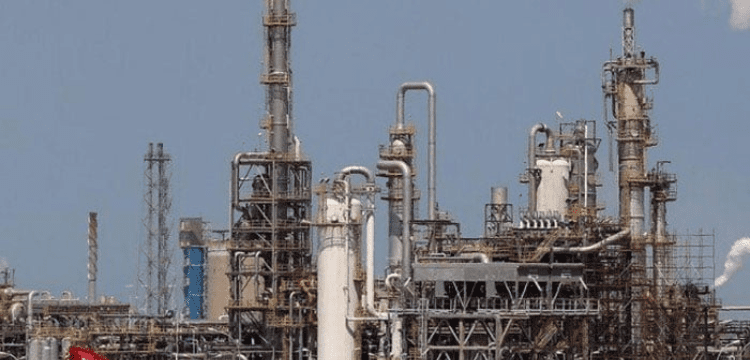[vc_row][vc_column][vc_column_text dp_text_size=”size-4″]To assist oil refineries in increasing their production capacity and meeting the nation’s demand, the Cabinet Committee on Energy (CCOE) may approve a tariff protection of 10% deemed duty on diesel and 2.5% on petrol.
Refineries were not allowed to use the collection to modernise their plants even though it had previously been budgeted for.
The Petroleum Division informed the CCOE in a meeting that Pakistan’s major energy mix consisted of 31 percent petroleum products, with an estimated annual consumption of 23 million tonnes (MTPA).
Just about 11 MTPA is made up of locally refined goods; the rest is imported. Relevantly, five refineries process imported and domestic crude oil, which is reprocessed on a regular basis to fulfil fuel criteria.
The government has pushed oil refineries to improve their facilities even further by producing fuels that meet Euro-V specifications and limiting the output of furnace oil, although this will cost between $4 and 4.5 billion.
It might be necessary for refineries to find capital on this magnitude and to strengthen their financial sheets in order to get investment.
The profit and loss records for the refineries’ previous five years demonstrate that they require government assistance to help finance the renovations.[/vc_column_text][/vc_column][/vc_row]











